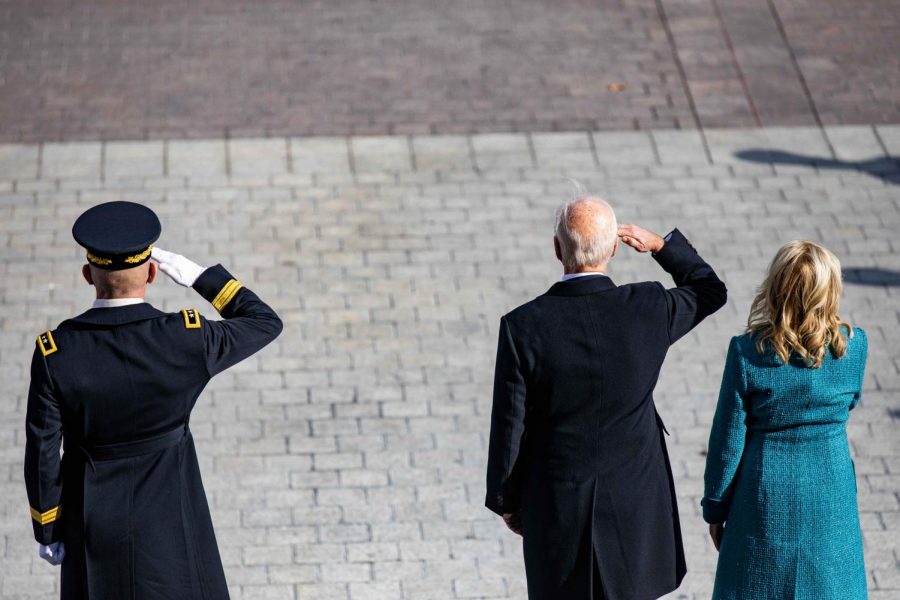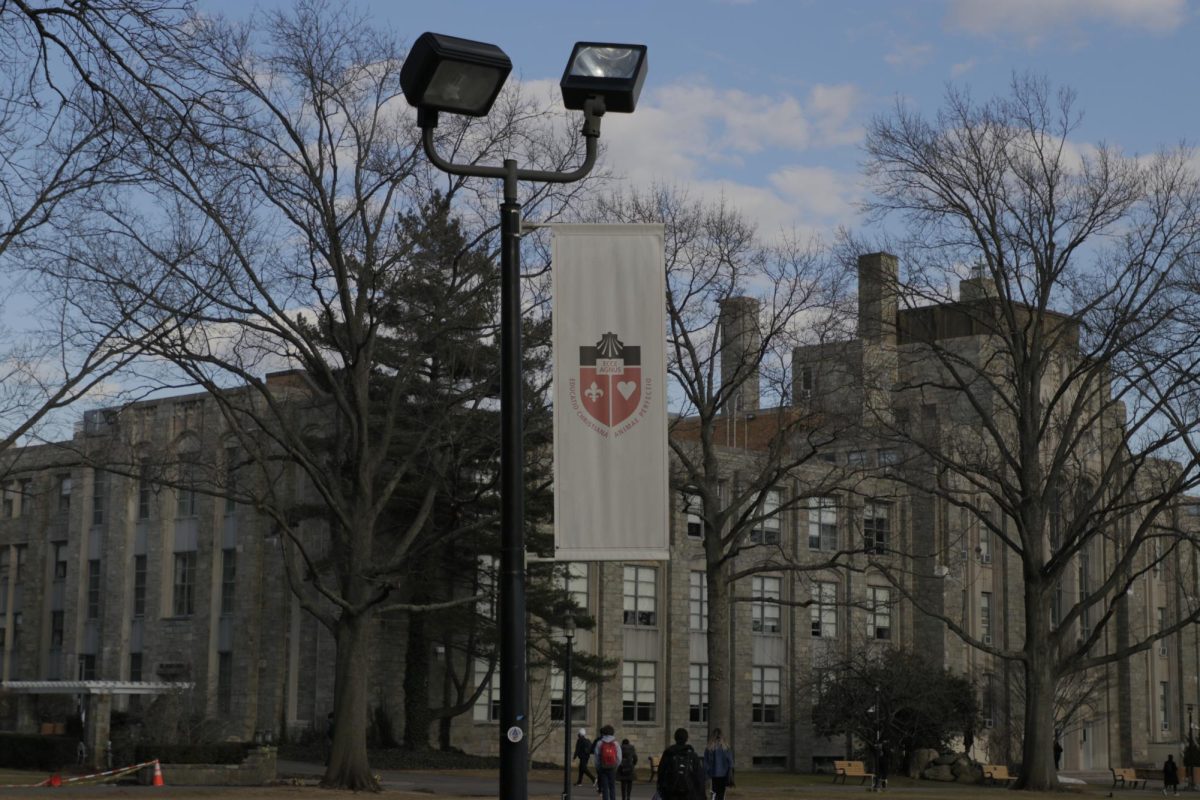Joe Biden began his presidency by reinforcing a major theme of his campaign – the need for unity in the United States. A week ago today, the now-46th president stood at the U.S. Capitol and promised to work on behalf of all Americans to exact necessary, progressive change. For that, however, Americans must begin to understand and support one another.
“Show respect to one another,” he said. “Politics doesn’t have to be a raging fire, destroying everything in its path. Every disagreement doesn’t have to be a cause for total war, and we must reject the culture in which facts themselves are manipulated and even manufactured.”
Lying in my bed in Kentucky, Biden’s words resonated with me and brought me near tears. I hear off-hand comments in passing — daily — that reflect the attitude that any disagreement, political or otherwise, is cause for conflict. In the past four years, I have hated the mentioning of politics among my acquaintances because the conversation would likely delve into half-truths and vindictive lies; it was exhausting and disheartening. So, while many who heard Biden on the steps of the U.S. Capitol may have felt rage or joy, I felt peace— a sentiment I had lacked for four long, laborious years.
It was only two weeks before the inauguration when those same steps were bombarded with rioters, converging to demand the overthrow of democracies’ work. Senators and former Vice President Mike Pence were at the Capitol to confirm the election results when they were met by people who had organized an attack. I was at work when the news came, and I’m now shocked at how unsurprising it was to me when I first got the notification of this development on my phone. In four years, I had become so accustomed to violent words being used in politics that not even this could stun me.
“This mob thought they could use violence to silence the will of the people, to stop the work of our democracy, to drive us from this sacred ground,” Biden said during his speech. “It did not happen. It will never happen. Not today, not tomorrow, not ever.”
Biden’s words gave me hope. His values were clear and present: Compassion, solidarity, unity, humility. He showed an unwavering love for the country and what it should stand for. My favorite line from his inaugural speech showed this;
“This is America’s day,” Biden said. “This is democracy’s day. A day of history and hope, of renewal and resolve. Through a crucible for the ages, America has been tested anew. America has risen to the challenge.”
It was not just the words of Biden that gave me confidence moving forward into these next four years. Vice President Kamala Harris gave me hope on behalf of women, as the centuries of hard work that led up to Harris’ inauguration have, in some ways, paid off. Biden described this age-old struggle for women’s rights in his speech as he marked Harris’ victory.
“Here we stand where 108 years ago, at another inaugural, thousands of protesters tried to block brave women marching for the right to vote, and today we mark the swearing-in of the first woman in American history elected to national office, Vice President Kamala Harris,” he said.
The powerful words in youth poet laureate Amanda Gorman’s poem, “The Hill We Climb” represented understanding and the power the youth have in democracy. Often overlooked, the power of young adults in this election likely swayed it, especially in key battleground states, as 52 to 55 percent of youth voted in 2020, at or near record numbers.
Biden’s inauguration , from beginning to end, represented a chance to hit the reset button and try to understand one another, and in that, I have already found peace.










